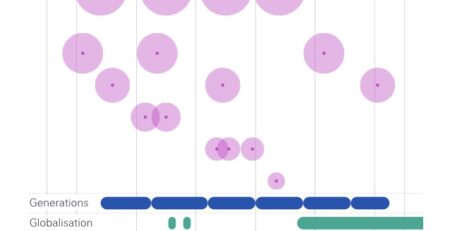The Return to Work and Women’s Employment Decisions
By Nicole Maestas (Harvard Medical School – Department of Health Care Policy)
It is well documented that individuals in couples tend to retire around the same time. But because women tend to marry older men, this means many married women retire at younger ages than their husbands. This fact is somewhat at odds with lifecycle theory that suggests women might otherwise retire at later ages than men because they have longer life expectancies, and often have had shorter careers on account of childrearing. As a result, the opportunity cost of retirement—in terms of foregone potential earnings and accruals to Social Security wealth—may be larger for married women than for their husbands. Using the Health and Retirement Study (HRS), I find evidence that the returns to additional work beyond mid-life are greater for married women than for married men. The potential gain in Social Security wealth alone is enough to place married women on nearly equal footing with married men in terms of Social Security wealth at age 70.
Source: SSRN










